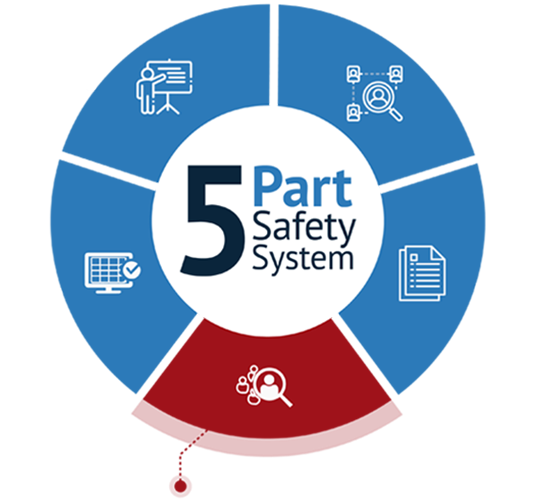Learn how to create and implement effective policies addressing child sexual abuse risk in your ministry.
Working with children is a privilege, not a right. Oftentimes, organizations adopt practices that are comfortable or convenient without considering the potential ramifications, thereby placing children at risk. Typically, change is difficult without an understanding of why change is necessary.
Policies are what you DO, not what you SAY you do
Without effective implementation, a written policy is worse than useless—it can be harmful. From a legal standpoint, a written policy creates an internal standard that must be followed. When it isn’t followed, a written policy can create more problems than no policy at all. The answer isn’t ‘adopt no written policies’, rather, to adopt written policies that fit and reflect staff training and actual practices.
Creating Policies & Procedures Training is available through MinistrySafe Membership.

Ready for the
next step in the
5-Part Safety System?

